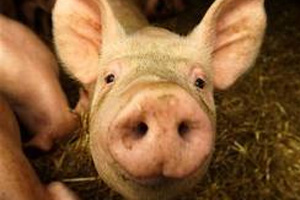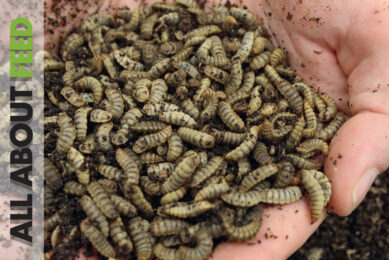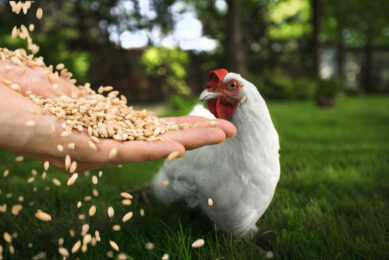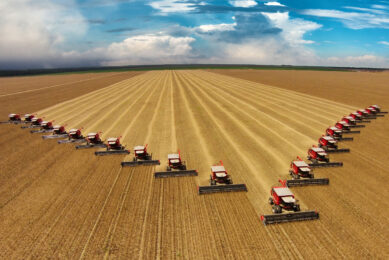UK: Top award – minimising pigs’ phosphorous excretion

A BPEX-funded PhD student has won the prestigious President’s Award for a paper presented at the 2013 British Society of Animal Science Annual Meeting.
Vasilis Symeou’s work, at Newcastle University, is about minimising the amount of phosphorous (P) excreted from growing and finishing pigs. P is easily leached from soils and excessive amounts can cause water pollution. It is a finite, costly resource which needs to be conserved, to help improve the environmental sustainability of pig production and reduce producers’ costs.
Vasilis said: “I have developed a simulation model to predict more accurately how much P a growing pig requires and match that with the amount of digestible P available from diets based on different feed ingredients. From this, we should be able to advise pig producers on how to maximize P digestibility and therefore reduce the amount of P used.
“A reduction in P use means lower cost to the producer and reduced excretion to the environment.”
Vasilis presented the early concepts of his work at the 2012 Digestive Physiology of Pigs Meeting in Colorado and a paper has since been published in the Journal of Animal Science.
Part of this work will also be presented by his PhD supervisor, Professor Ilias Kyriazakis, at the International Meeting on Modelling Pig and Poultry Nutrition in Brazil later this year.
During the final year of his studies, Vasilis aims to convert his ‘simulation’ model into a ‘population’ one. This will enable him to account for variation in pigs’ P requirements which will help develop strategies for reducing P excretion by groups of pigs of different sizes, genotypes or ages. On completing his studies, Vasilis hopes to pursue a career in the pig industry as a nutritionist.
For more information on the project, click here.











